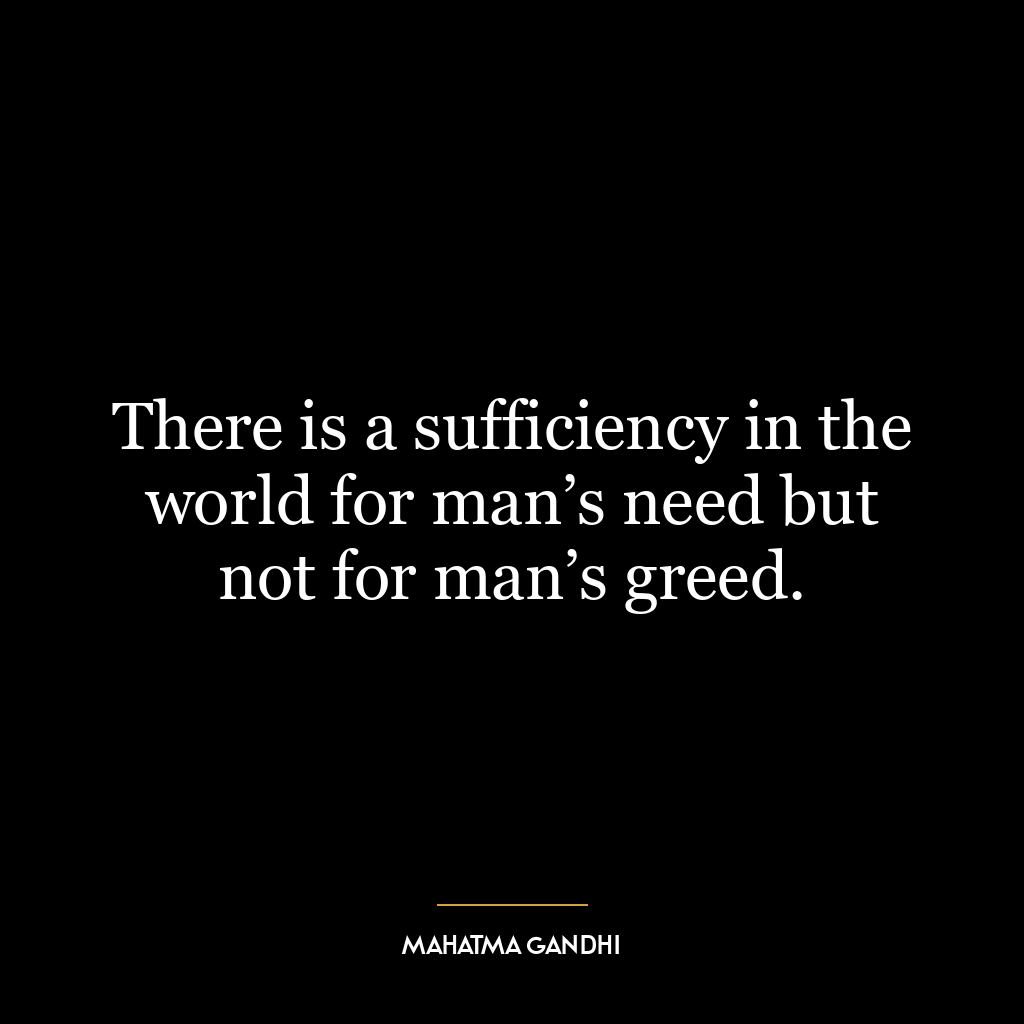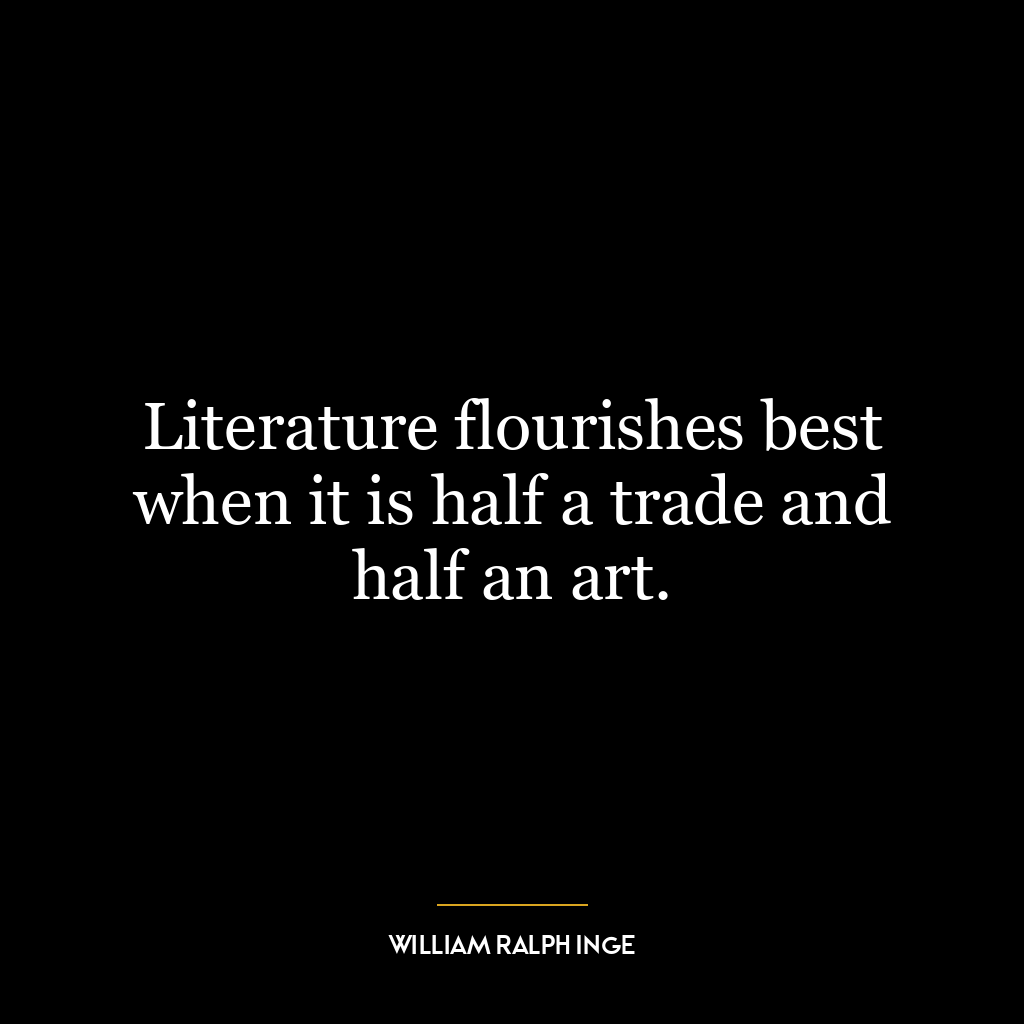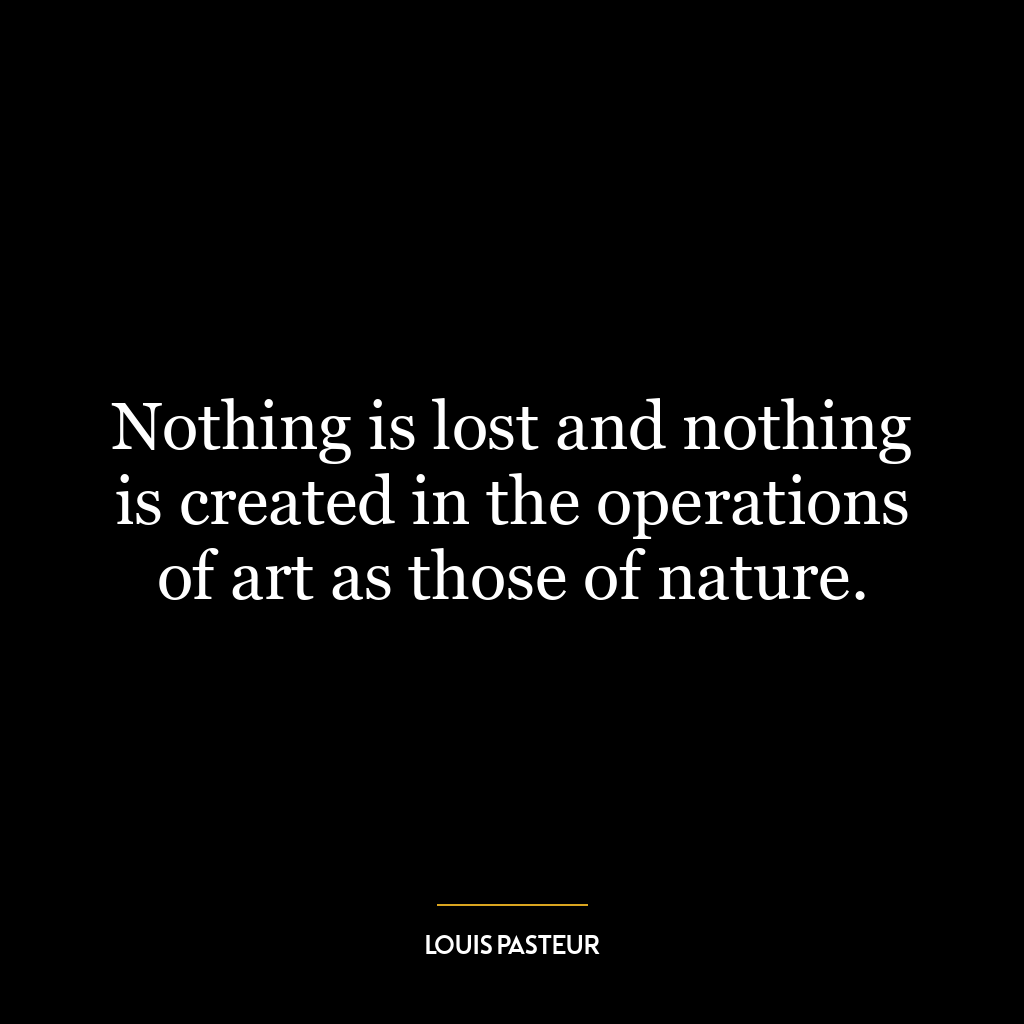There is a sufficiency in the world for man’s need but not for man’s greed.
This quote suggests that the world has enough resources to meet the needs of all its inhabitants, but it does not have enough to satisfy everyone’s greed. In essence, it is a call for moderation, a reminder that while our needs can be easily met, our desires are insatiable.
The words “need” and “greed” are crucial to understanding this quote. A need refers to something essential for survival, like food, water, shelter, or basic healthcare. On the other hand, greed refers to an excessive or insatiable desire for more than what one needs, often driven by materialism and consumerism.
The quote implies a critique of overconsumption and waste. It suggests that if we all lived within our means, consuming only what we need, there would be enough for everyone. However, when we let our desires run unchecked, we deplete resources at a rate faster than they can be replenished, leading to scarcity and inequality.
Applying this idea to today’s world, we can see the effects of unchecked greed on a global scale. For example, the environmental crisis we face today is largely due to overconsumption of resources. Deforestation, pollution, and climate change are all consequences of our failure to live within the planet’s means.
On a personal level, this quote can serve as a reminder to practice mindfulness and moderation in our own lives. It encourages us to distinguish between our wants and needs and to prioritize the latter. This can be applied to various aspects of our lives such as our consumption patterns, our financial decisions, and even our relationships.
By striving to live a more minimalist lifestyle, we not only contribute to the sustainability of the planet but also find contentment in what we have. This is because when we let go of the constant pursuit of more, we give ourselves the opportunity to appreciate the value of what we already have. In turn, this can lead to greater happiness, peace, and fulfillment.
In conclusion, this quote is a timeless reminder of the importance of moderation, sustainability, and contentment. It encourages us to live in harmony with the world and ourselves, recognizing that our true needs are often simpler and fewer than we think.








